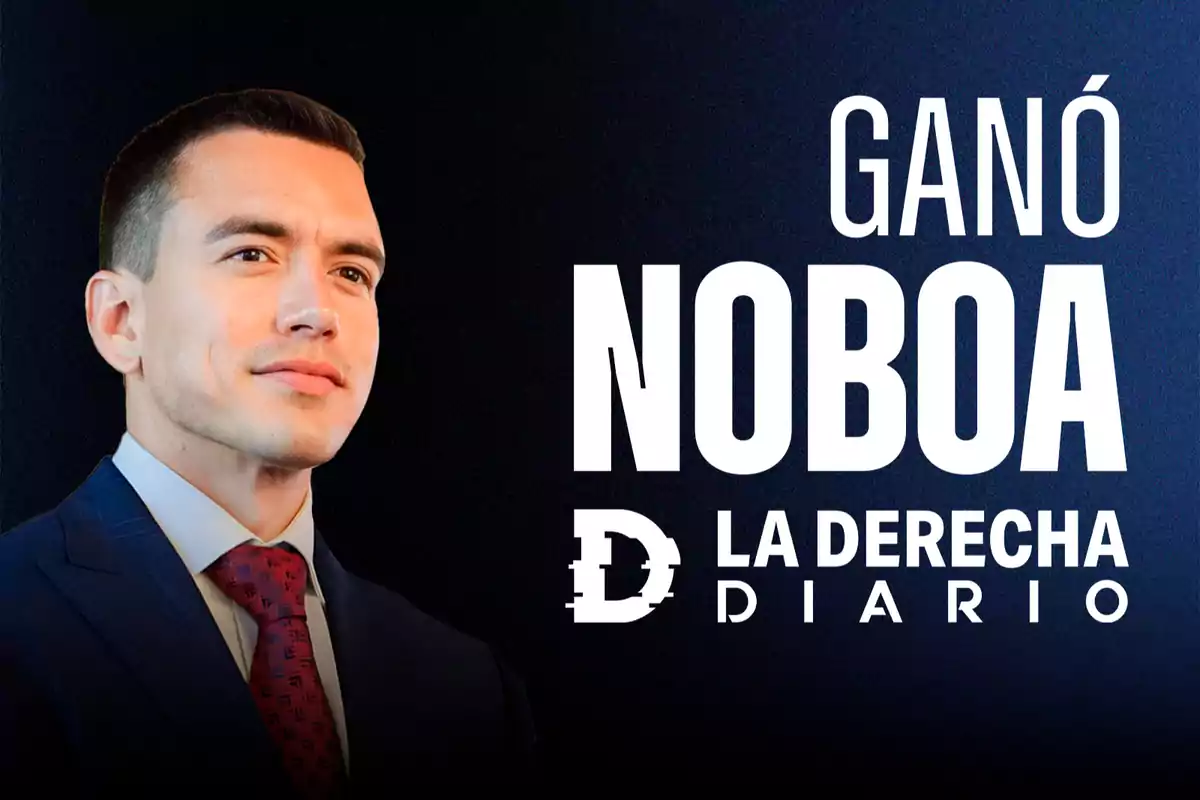
Daniel Noboa won Ecuador's elections against the communist Luisa González.
The president of Ecuador managed to defeat the Correa supporter and remains the president of the South American country
Daniel Noboa has been reelected as president of Ecuador in 2025 and has marked a political milestone in the country, by consolidating his leadership as a young figure distanced from traditional party blocs.
The young Ecuadorian president proved to be far superior to his contender, the communist Luisa González, who was previously an official under the disastrous president close to Chavismo, Rafael Correa.
After a great first term characterized by a management focused on security, economic reactivation, and state modernization, Ecuadorians decided to grant him a second term to continue his reform agenda.
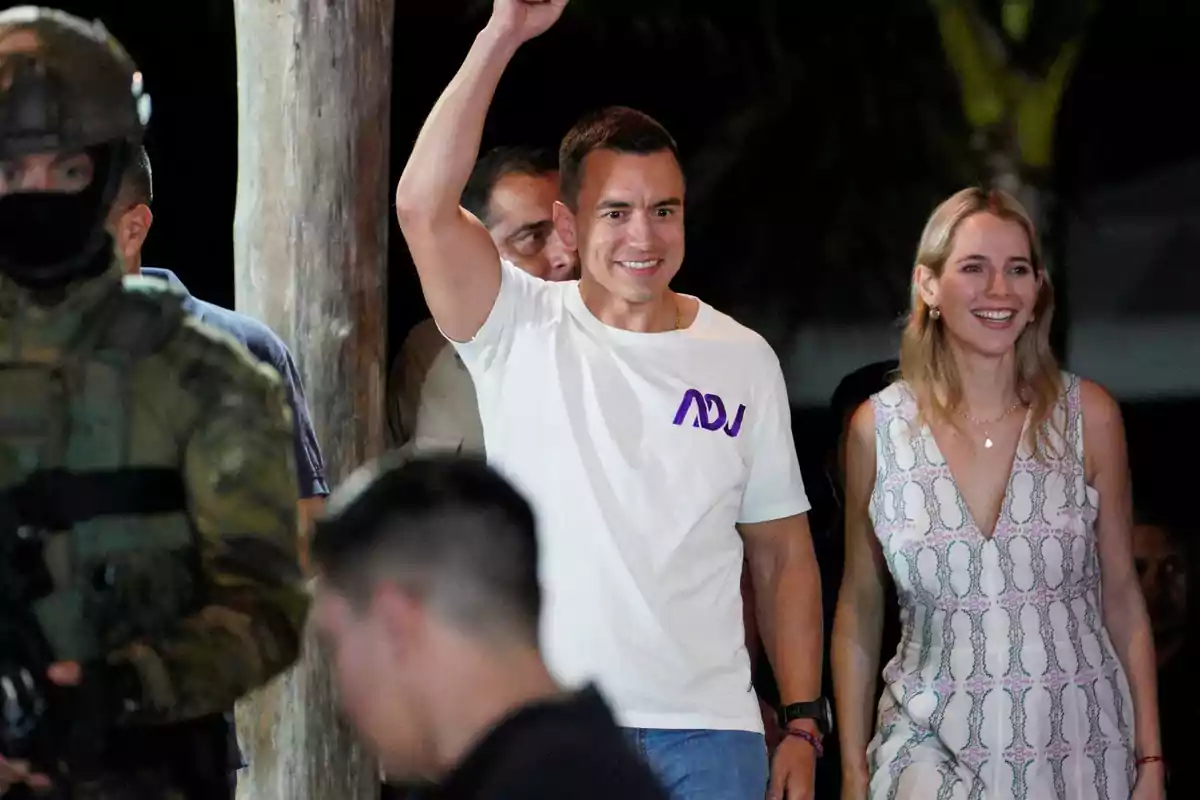
One of the determining factors in his reelection was his firm handling of the violence crisis that hit the country, a consequence of the policies taken by Correa's administration.
During his first presidency, Noboa declared an "internal armed conflict" and ordered exceptional measures to confront organized crime and gangs linked to drug trafficking.
His security strategy, based on the militarization of critical areas, strengthening police intelligence, and international cooperation, was widely supported by a citizenry tired of insecurity.
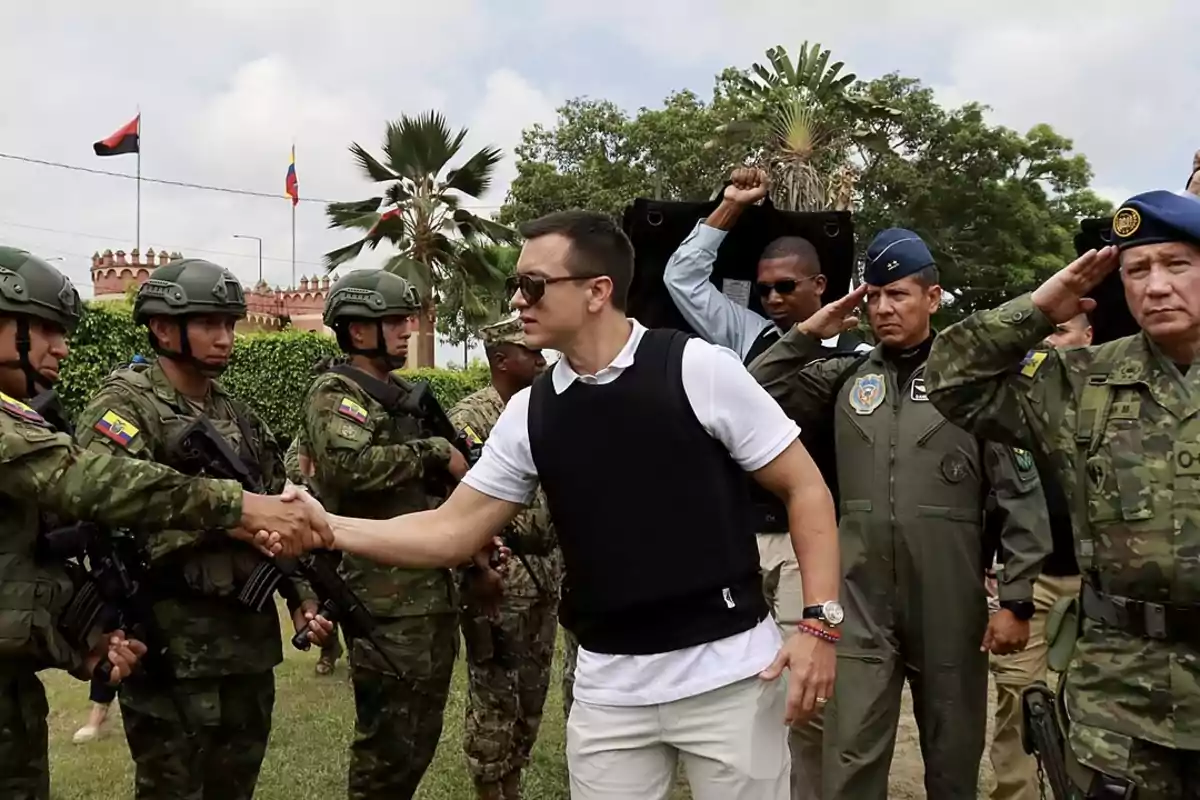
In the economic sphere, Noboa bet on attracting foreign investment and strengthening public-private partnerships. During his first term, he promoted reforms to facilitate employment, modernize the customs system, and simplify procedures for investors.
With his reelection, the possibility opened up to deepen those policies, including a more ambitious tax reform and strengthening strategic sectors such as energy, tourism, agribusiness, and technology.
However, his second term is not without challenges. Governance remains a critical point, as the Congress continues to be fragmented, forcing the Executive to constantly negotiate to advance his legislative agenda.
Despite this, Noboa has demonstrated excellent skill in forming tactical political alliances that have allowed him to sustain his main policies.
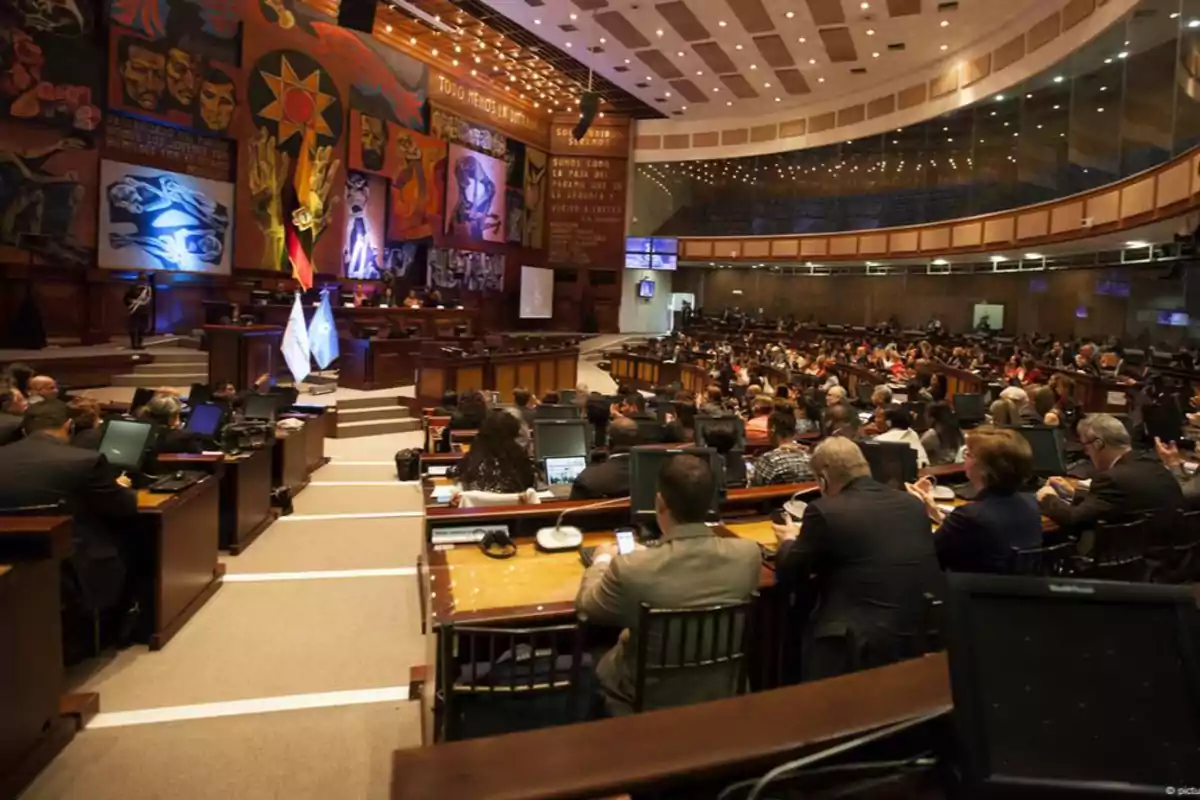
On a social level, the government has been encouraged to address more effectively, issues such as poverty, unemployment, and the deterioration of public services. The population demands concrete results, especially in health, education, and access to basic services.
The legitimacy of his second term will depend, to a large extent, on his great ability to translate political stability into tangible improvements for the quality of life of citizens.
In foreign policy, Noboa has maintained a pragmatic approach, strengthening relations with the United States, the European Union, and neighboring countries, while positioning Ecuador as an attractive destination for international investment.
His business profile and vision of state modernization have contributed to improving the country's image in the regional and international arena.
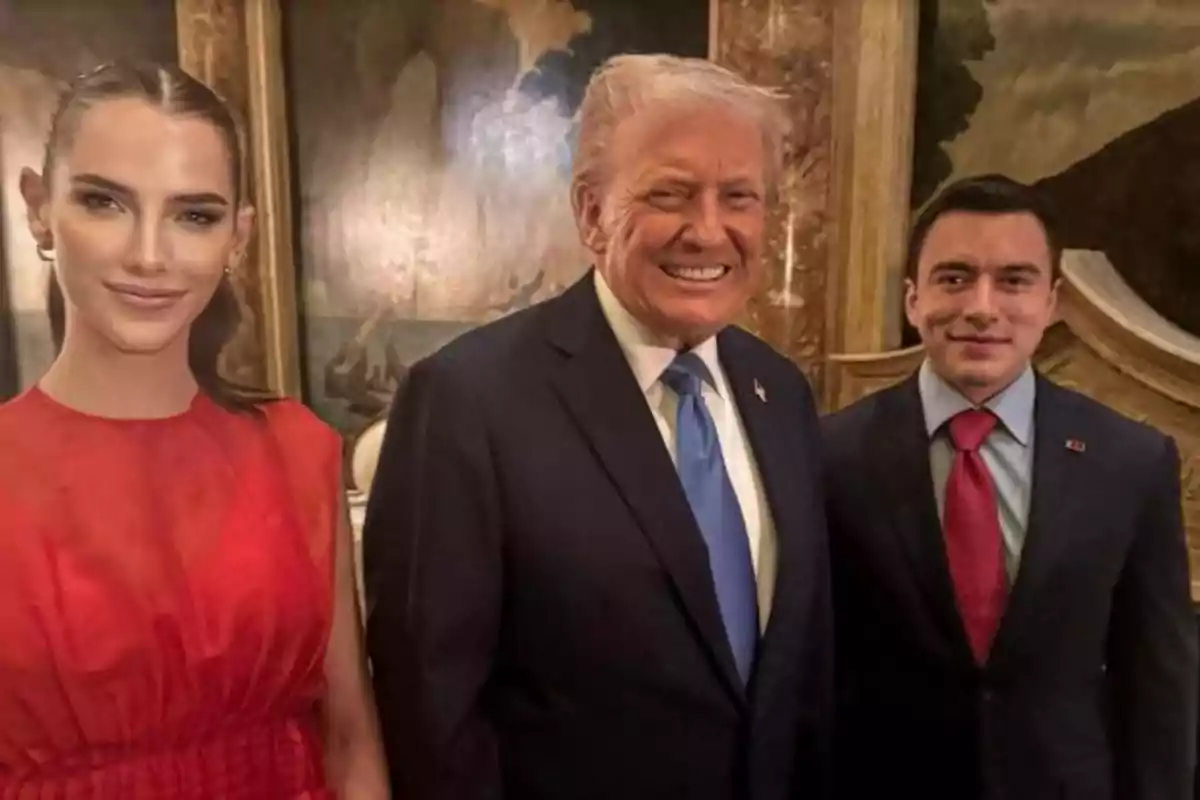
More posts: